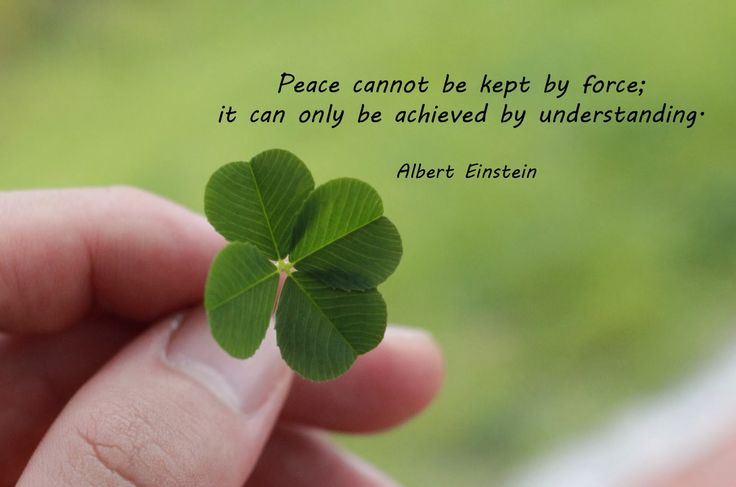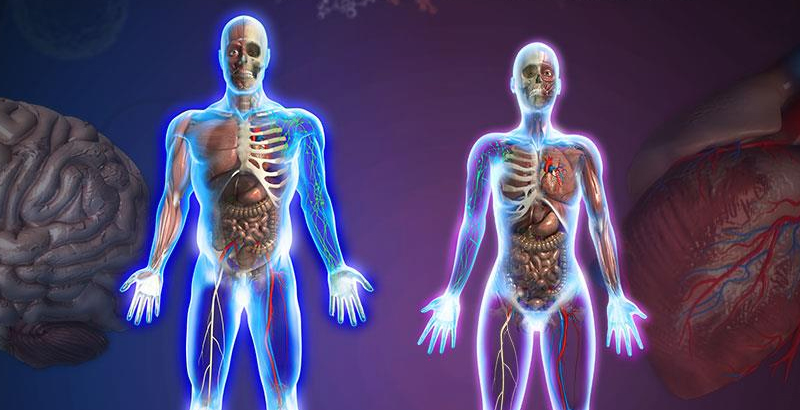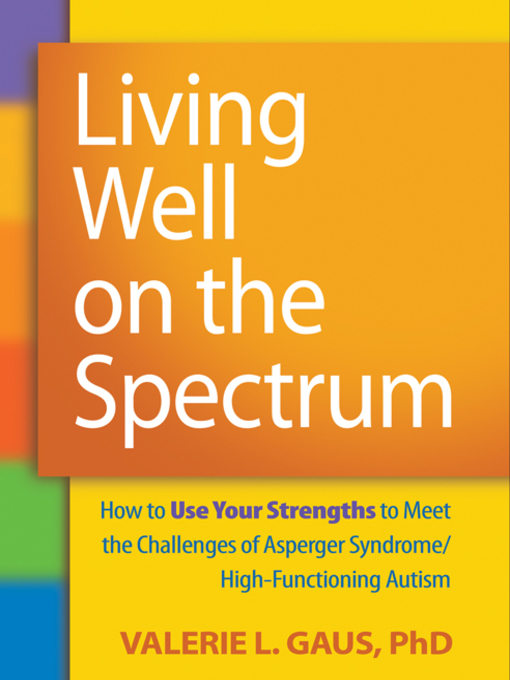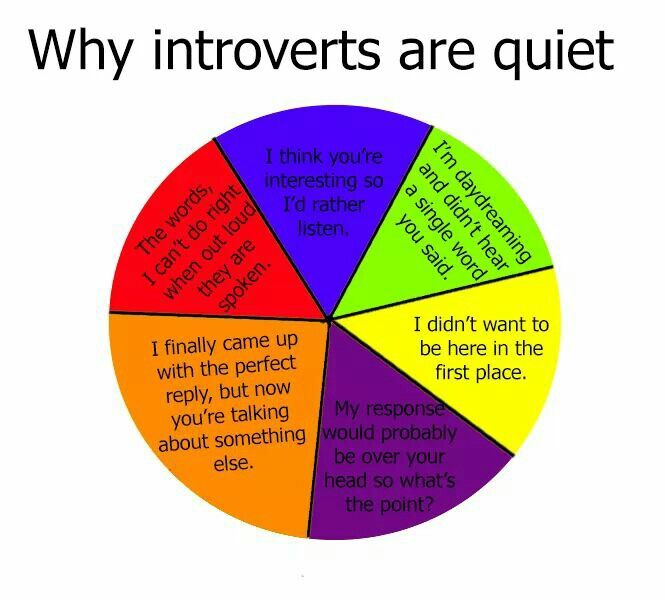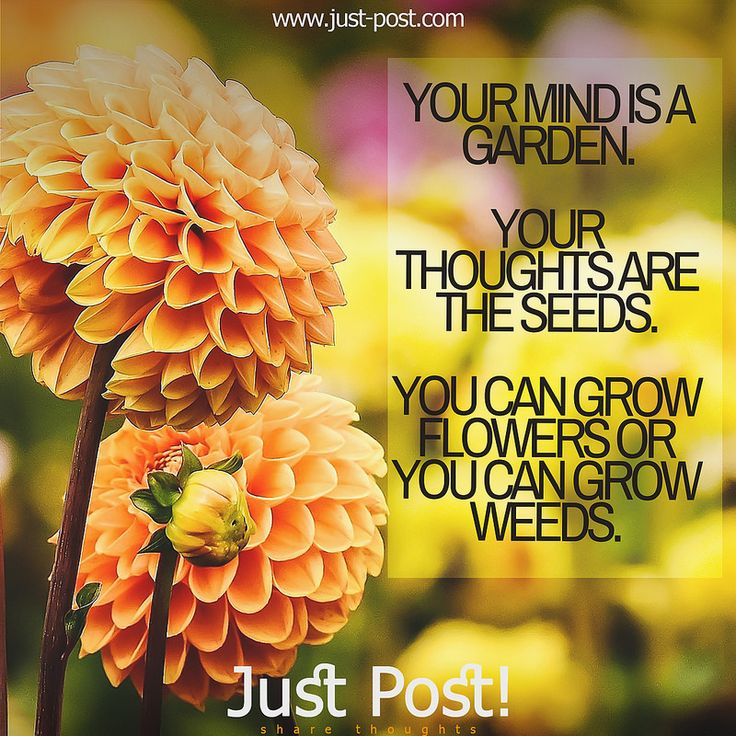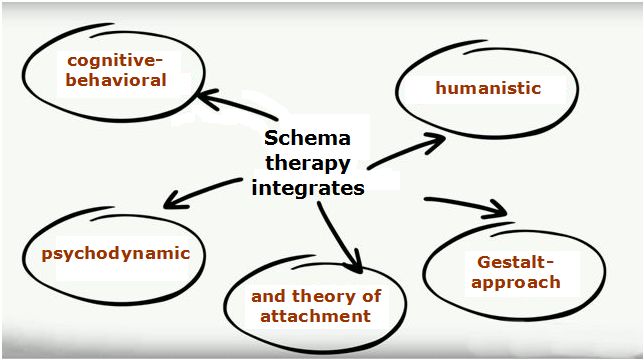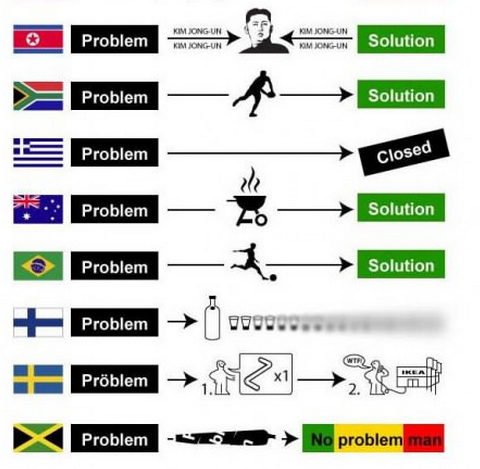How to make peace
Ten practical ways to build peace in your life and in the world around you
(Reposted from: Taylor O’Connor. Medium, March 10, 2020.)
By Taylor O’Connor
“Ask yourself what you can do to make a difference, then take that action, no matter how large or small.” – Graça Machel
There’s a lot of people out there who care deeply about some social issue (or issues), but aren’t sure what they can do to make a difference. For many of us, it is hard to know how we can help. It’s easy to become disillusioned, and perhaps cynical.
The systems and structures that govern the world don’t seem to be working. There is war and poverty. There is discrimination, inequality, and violence. The issues are big. They are complex. It can be overwhelming.
The good news is that everyone can do something to make a difference. Sure, the problems are complex, but to be effective in making change the solutions must be simple. I hope the ideas shared below will inspire you and many others to take some action for peace and justice, no matter how large or how small.
Based on my personal experiences collaborating with peacebuilders around the world, here is a list of the ten things you can do to build a more peaceful and just world.
1. Calm your mind
Whether a seasoned advocate for peace or a young person aspiring to make a change, it’s always good to start with yourself. Calming your mind will help you be more patient. It will help you be present for those who need you the most. It will help you engage with challenging people. It will hone your intuition. It will allow you to moderate feelings of anger and other strong emotions when they arise. It will give you more insight to analyze complex issues associated with conflict and inequality. It will help you be more focused and creative in your efforts to build peace.
Here are some things you can do to calm your mind. Learn simple mindfulness practices. Embrace quiet time. Observe your emotions. Spend time in nature. Be mindful of your media consumption. Breathe. Find and use contemplative practices that work for you.
2. Simplify your life
Living a simple life will help clear your mind. You’ll have fewer distractions and be more able to focus on finding ways to address an issue (or issues) you care about. It will help you live your life with intention. And with a minimalist lifestyle you will reduce your carbon footprint. That’s a bonus!
Here are some ideas you can consider. Minimize your possessions. Don’t take on too many work commitments. Let go of social engagements that are not meaningful to you. Enjoy the simple things in life. Detach yourself from the idea that you have to be ‘busy.’ Reduce physical and mental clutter, let the distractions fall away, and focus on what is important to you.
3. Educate yourself (and teach others) about injustice and inequality, and about peace.
Systems that produce injustice and inequality rely on their ability to remain invisible to the general public. Those not directly harmed by injustice and inequality often have a difficult time understanding these things, let alone acknowledge their existence. To truly build a more just and equal society we need to bring these issues to the mainstream.
To truly build a more just and equal society we need to bring these issues to the mainstream.
Educate yourself about the structures that produce injustice and inequality, and their historical legacy. Learn about historic struggles for justice and equality, about social movements, about critical events where progress was made, and of the real heroes that made it happen. Use this knowledge to generate creative and strategic ideas for action. Teach others and inspire change.
4. Orient your professional life towards peace
Are you a teacher? Are you teaching your students to critically analyze war, conflict, and inequality? Are you a healthcare worker? What are you doing to make the healthcare system more just? Are you a police officer? How is your department addressing the harmful effects of common policing practices? Are you an entrepreneur? Are you applying your skills to address a social cause? Are you working in the global aid industry? What are you doing to decolonize aid?
Consider the ways your work contributes to injustice and inequality, or the potential for it to contribute to peace and justice.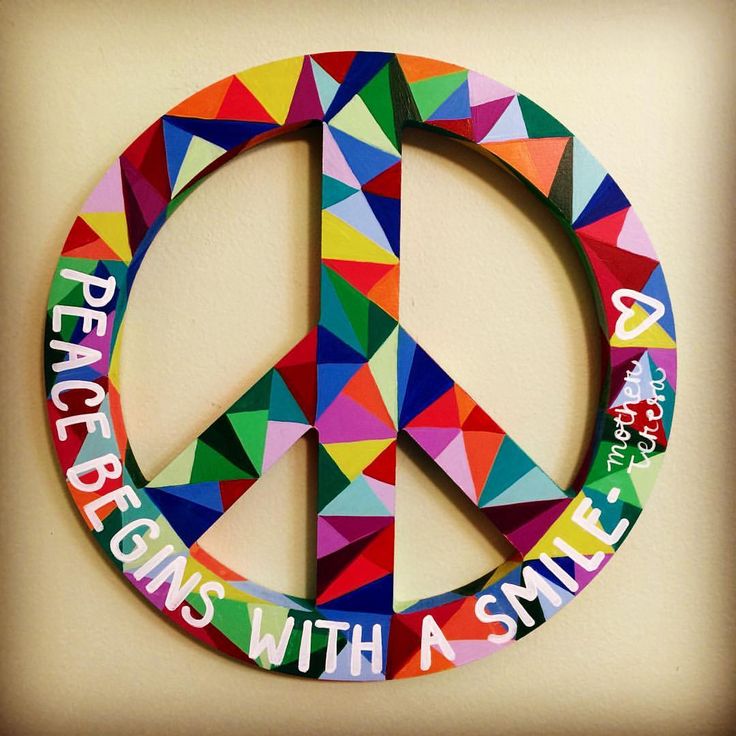 Clarify what social issues you care about the most. Spend time to reflect and find ways to address these issues in your work and professional life. Seek opportunities to make change, or create new ones. Practical actions will be unique to each profession type.
Clarify what social issues you care about the most. Spend time to reflect and find ways to address these issues in your work and professional life. Seek opportunities to make change, or create new ones. Practical actions will be unique to each profession type.
5. Transform interpersonal conflicts
If you are working to build peace, you must become adept at transforming interpersonal conflicts. On principle, transforming conflict in relationships allows everyone to live happier, more fulfilling (thus peaceful) lives. At the same time, working to make change can be stressful, and you will likely encounter conflict with persons on your team who have different ideas about how to move forward. Also, when rattling the foundations of injustice and inequality, you will certainly come into conflict with persons who benefit from these. You must then be well prepared to engage constructively to transform these relationships, to mitigate opposition to your efforts to build peace.
When you encounter interpersonal conflicts, whether you are directly involved or if you are a third party, take them as an opportunity to develop your capacity to manage conflict. Develop techniques to transform these relationships, to make opponents your allies, and to build strong, cohesive teams working together on issues of shared concern. Develop and practice listening and communication skills. Learn techniques to open constructive dialogue. Mediate a conflict. Find ways to build trust. Search for common ground. Create opportunities for forgiveness, healing, and reconciliation.
Develop techniques to transform these relationships, to make opponents your allies, and to build strong, cohesive teams working together on issues of shared concern. Develop and practice listening and communication skills. Learn techniques to open constructive dialogue. Mediate a conflict. Find ways to build trust. Search for common ground. Create opportunities for forgiveness, healing, and reconciliation.
6. Transform community spaces; or use them for peace learning and action
Transforming community spaces is a unique, often overlooked way to build peace and justice. We often neglect how community spaces contribute to inequality and promote war culture. How are people divided in your city? Does your city have a history of segregating minority communities? Do some communities have better schools or health facilities? Who has access to parks and natural spaces? In which neighborhoods are the waste facilities, power plants, and factories? Where are the museums and cultural sites? What about public monuments? Do they glorify war ‘heroes’ or do they inspire peace?
Here are some ideas you can use to transform spaces in your community or use them for peace learning and action.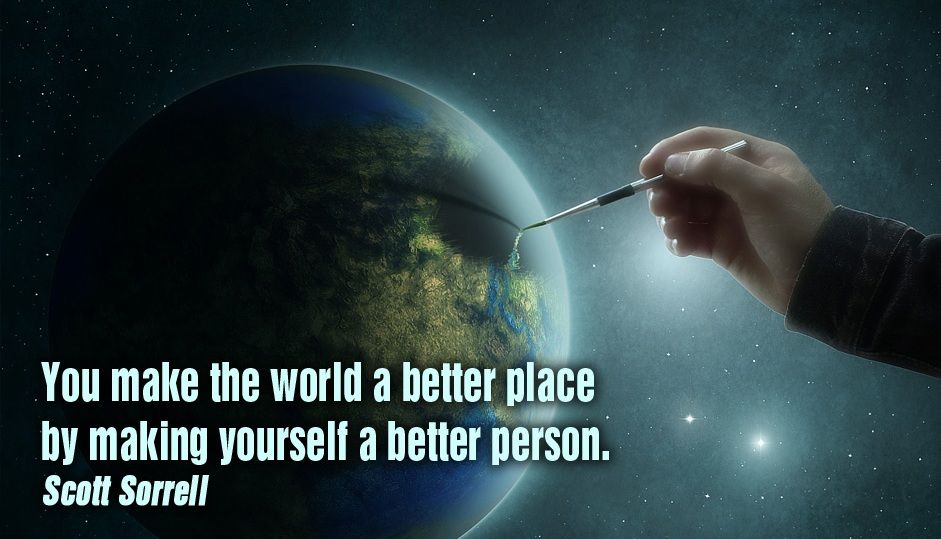 Preserve, protect, and promote diverse cultural and historic sites. Make community spaces accessible, inclusive, and family-friendly. Reclaim parks, plazas, and walkways. Create shared spaces. Use community spaces for peace learning. Do a community art project. Remove monuments to war ‘heroes’ and bigots. Build monuments to peace heroes.
Preserve, protect, and promote diverse cultural and historic sites. Make community spaces accessible, inclusive, and family-friendly. Reclaim parks, plazas, and walkways. Create shared spaces. Use community spaces for peace learning. Do a community art project. Remove monuments to war ‘heroes’ and bigots. Build monuments to peace heroes.
7. Transform structures tied to the dynamics of war, violence, injustice, and inequality, or withdraw resources and support for war.
Warfare is not possible without a high degree of organization and immense amounts of resources. If we are to abolish war, the structures and institutions of the State that create war abroad and state violence at home must be transformed. Money and resources that feed war must be removed. Likewise, inequality and injustice are a product of government institutions, public policies, and economic systems. To create a more just and equal society requires substantial structural and policy change that strikes to the core of how our societies operate.
Here are some ideas to transform the structures tied to the dynamics of war, violence, injustice, and inequality. Depending on your position and level of influence, your actions may range from voting, to advocacy, to direct policy/institution reform. Demilitarize defense and policing. Use military and police for peaceful purposes. Mobilize for incisive criminal justice reform. Divert funds for war and allocate them for education, health care, social services, diplomacy, peace, arts, and culture. Create laws that regulate the production and sale of weaponry at the national and international levels. Divest from companies, governments, individuals, and institutions that promote/profit from war. Resist paying taxes for war.
8. Disrupt narratives that justify war and rationalize inequality.
As children, we learn a history littered with stories glorifying war. We learn that violence is justified, even dignified. We are inspired by war heroes we read about in history books.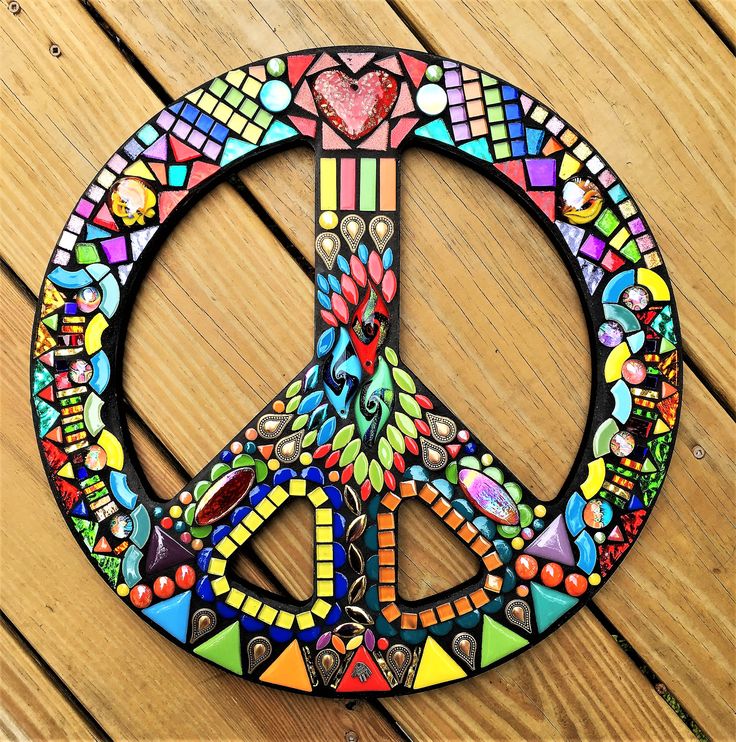 Our religious leaders provide the military with their blessings. Political leaders craft lies that justify war, and media outlets provide an echo chamber. Likewise, these institutions produce countless rationalizations of inequality. Historic injustice and inequality are whitewashed in schools. We create the illusion that people become rich and successful only from their own volition. We obscure the vast inequalities that provide easy pathways to success for some while constructing barriers to advancement for others. Poor people are blamed for their condition.
Our religious leaders provide the military with their blessings. Political leaders craft lies that justify war, and media outlets provide an echo chamber. Likewise, these institutions produce countless rationalizations of inequality. Historic injustice and inequality are whitewashed in schools. We create the illusion that people become rich and successful only from their own volition. We obscure the vast inequalities that provide easy pathways to success for some while constructing barriers to advancement for others. Poor people are blamed for their condition.
These narratives must be disrupted. People must be educated about the reality of war and of systems that produce inequality. Here are some ideas for action. Transform the teaching of history in schools. Discredit war propaganda and myths that justify violence. Demystify threats. Promote an understanding that violence is not innate; war not inevitable. Expose motivations and deceptive tactics of corrupt leaders who rationalize violence.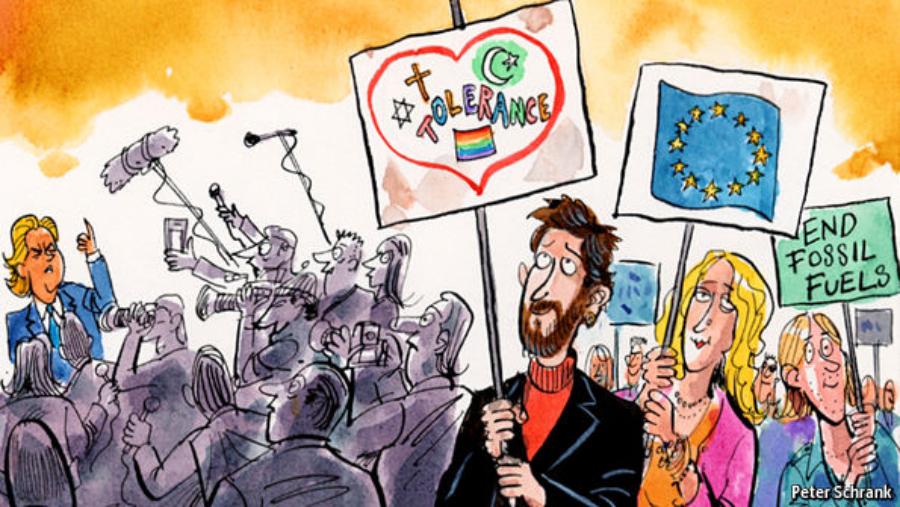 Deconstruct nationalist ideologies and the politics of division. Combat hate speech and humanize marginalized groups. Speak out against the misuse of religion for discriminatory purposes, especially within your own faith group.
Deconstruct nationalist ideologies and the politics of division. Combat hate speech and humanize marginalized groups. Speak out against the misuse of religion for discriminatory purposes, especially within your own faith group.
9. Leverage the power of music, art, and culture for peace
Music, art, and culture can be powerful tools to make change. They can inspire us. They can unite people. They can heal. They can change hearts and minds. They can help us see things in different ways. There is infinite potential in art and music, and in the use of culture to make positive change. And with social media, messages spread fast, and can reach far and wide.
Here are just some ideas for leveraging the power of art and culture for peace and justice. Use music, performance, poetry, comedy, or storytelling to raise awareness of issues or imagine peaceful futures. Dance or craft for a cause. Build characters and storylines that break stereotypes. Use sports to bring people in conflict together.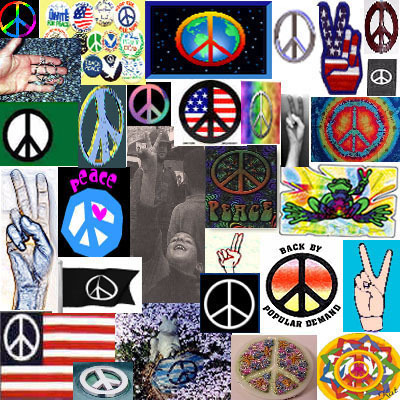 Celebrate days of peace, human rights, and social justice. Involve cultural icons in peace actions. Join or create public prayer, meditation, or vigils for peace. Create peace imagery or re-imagine symbols. Create or use rituals to promote peace and tolerance. And don’t forget to amplify your message on social media.
Celebrate days of peace, human rights, and social justice. Involve cultural icons in peace actions. Join or create public prayer, meditation, or vigils for peace. Create peace imagery or re-imagine symbols. Create or use rituals to promote peace and tolerance. And don’t forget to amplify your message on social media.
10. Create (or support) structures for peace and justice
When so much of our time is spent struggling to change systemic problems, sometimes the best approach we can take is to create structures for peace (or support existing ones). This can be refreshing because it shifts the focus from the problem to the solution. It creates new potential for peace because a structure for peace by its nature is creating something new. It is not chasing the problem. It is exploring new solutions.
There are many types of groups or structures that you can create or support. Here are some ideas. Start or support a community organization, non-profit, or social enterprise working on issues important to you.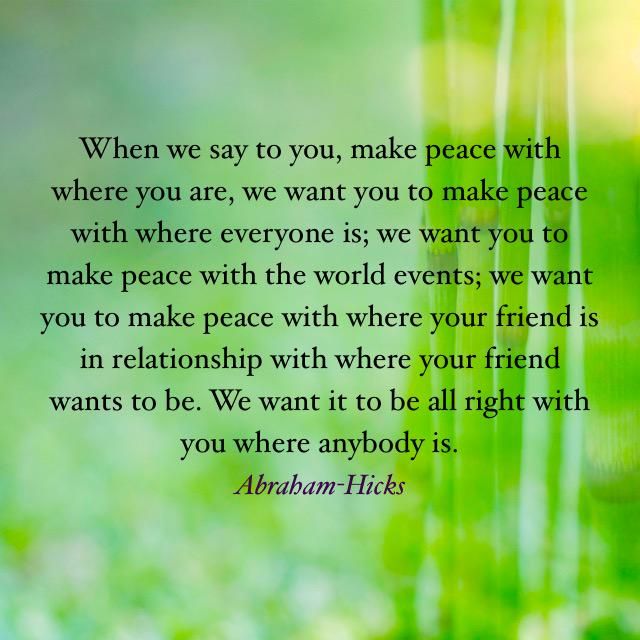 Create or support mechanisms to report, prevent, or respond to violence. Support the creation (or existing work) of government departments dedicated to promoting peace and justice. Create or join platforms, forums, or networks for peace. Launch a podcast, a blog, a vlog, or other online platforms for peace, or specific to an issue that is important for you.
Create or support mechanisms to report, prevent, or respond to violence. Support the creation (or existing work) of government departments dedicated to promoting peace and justice. Create or join platforms, forums, or networks for peace. Launch a podcast, a blog, a vlog, or other online platforms for peace, or specific to an issue that is important for you.
I hope these ideas have been helpful for you. For more ideas about practical actions you can take to build peace in the world around you, download my free handout 198 Actions for Peace here.
10 steps to world peace
18 September 2018
War & Peace
The pressures on our world are serious, and expected to grow. Humankind must ditch the military habit - and tackle conflict at its roots, Hazel Healy writes.
Manhattan Central Park - Imagine Mosaic. Photo YourSpace (CC 2.0)1 Start by stamping out exclusion
Evidence shows that conflict happens in places where people can’t trust the police or get access to justice, and their prospects for a decent life are stolen by corrupt elites.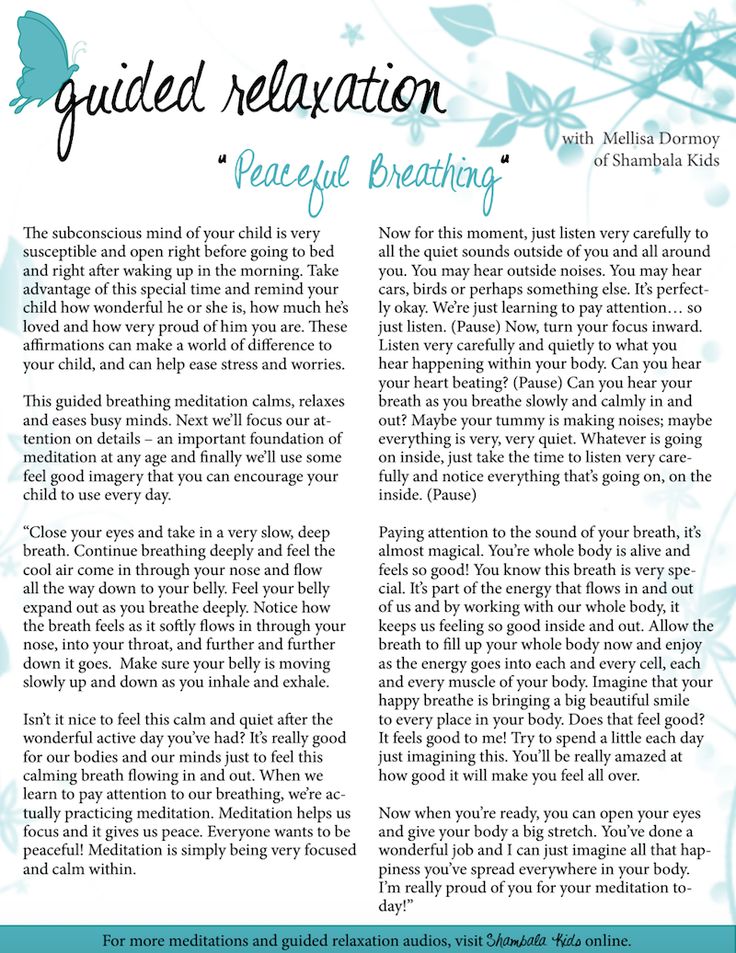 Governments everywhere need to stop the neglect, abuse and stigmatization of their own people. Media and others that promote ‘them-and-us’ thinking must be challenged to stop spreading hate.
Governments everywhere need to stop the neglect, abuse and stigmatization of their own people. Media and others that promote ‘them-and-us’ thinking must be challenged to stop spreading hate.
2 Bring about true equality between women and men
The larger a country’s gender gap, the more likely it is to be involved in violent conflict, according to research in Valerie Hudson’s Sex and World Peace (2012). Gender inequality trumps GDP, level of democracy or ethnic-religious identity as the strongest push factor for both external and internal conflict more likely, and being the first to resort to force in such conflicts. In contrast, when women participate in peace processes, peace is more likely to endure.
3 Share out wealth fairly
Advert
According to a World Bank survey, 40 per cent of those who join rebel groups do so because of a lack of economic opportunities. Relative poverty is just as important, with more equal societies marked by high levels of trust and low levels of violence. Economic fairness when it comes to public resources, taxation and tax evasion is also key. The systematic transfer of wealth from rich to poor – instead of the other way round – improves security for everyone.
Economic fairness when it comes to public resources, taxation and tax evasion is also key. The systematic transfer of wealth from rich to poor – instead of the other way round – improves security for everyone.
4 Tackle climate change
Ecological stress from global warming is proven to exacerbate conflicts over resources such as land and water, particularly in East Africa. For all its shortcomings, the UN climate agreement is evidence that the world can tackle and mitigate crises by co-operation, instead of war. A functioning climate deal ‘is the greatest peace deal the world could have,’ according to Dan Smith, from the leading arms-control thinktank SIPRI.
5 Control arms sales
The promotion of arms sales and heavy spending on aggressive military capabilities is heightening global tensions. The proliferation of arms drives conflict and makes violence more likely. Arms treaty signatories must be held to their word, as we build evidence of violations and hold sellers accountable. We can also build support for a groundbreaking new convention that bans nuclear weapons and makes it illegal to possess or use them.
We can also build support for a groundbreaking new convention that bans nuclear weapons and makes it illegal to possess or use them.
6 Display less hubris, make more policy change
Advert
A look at the track record of counter-terrorism, the ‘war on drugs’, stabilization and state-building efforts and colonial wars ‘shows a pattern of largely very sobering failure’ says Saferworld’s Larry Attree. Humility and willingness to atone for past aggression on the international stage is essential – as is an end to the self-serving and counter-productive policy in the Middle East.
7 Protect political space
If governments expect young, marginalized people to embrace an open society rather than pursue more violent and vengeful paths, they must allow public dissent. Across the world – and the political spectrum – this space must be defended from repressive tools such as ad hoc administrative regulation, misuse of anti-terrorist measures, arbitrary arrest and imprisonment, even torture and murder.
8 Fix intergenerational relations
Much conflict can be understood as a youth revolt against established corrupt systems run by, generally, older men. In countries with strict age hierarchies young people can’t voice their frustrations, which creates a dangerous dynamic, explains researcher and peacebuilder Chitra Nagarajan. This is compounded by classic victim-blaming, in which young men are treated as a ticking time bomb.
9 Build an integrated peace movement
Short-term anti-war movements have taken the place of active and permanent peace movements. We need to promote nonviolent alternatives and successes; peace campaigner Phyllis Bennis believes peace must be woven into other social movements, giving the example of the Poor People’s Campaign in the US last March, which attacked the war economy and linked it to poverty at home.
10 Look within
Peace starts with you. Ordinary citizens can make a difference. When’s the last time you said sorry? Think about who loses when you win. Are the people around you heard and respected or marginalized, ignored and left out? Make a decision to care about what happens to them. Start a constructive conversation with someone you disagree with. Challenge ‘them-and-us’ thinking in yourself as well as in others. Every one of us can choose to make society more just and peaceful, or more unjust and warlike.
When’s the last time you said sorry? Think about who loses when you win. Are the people around you heard and respected or marginalized, ignored and left out? Make a decision to care about what happens to them. Start a constructive conversation with someone you disagree with. Challenge ‘them-and-us’ thinking in yourself as well as in others. Every one of us can choose to make society more just and peaceful, or more unjust and warlike.
This article is from the September-October 2018 issue of New Internationalist.
- Discover unique global perspectives
- Support cutting-edge independent media
- Magazine delivered to your door or inbox
- Digital archive of over 500 issues
- Fund in-depth, high quality journalism
Subscribe today »
How to make peace with a loved one
A quarrel with a loved one is always unpleasant, some say that quarrels make relationships brighter, excite feelings, make you look at each other in a new way.
It just happens that a trifling conflict leads to parting. It often happens that people quarrel when they really care about each other. For some reason, criticism is especially sharply perceived, unpleasant words that are spoken by a loved one. Everything that concerns the second half touches a nerve, so the smallest and most innocent misconduct of a loved one is so striking, causing a strong sense of resentment.
Reconciliation is a whole science that is learned through years of family life. Each couple has their own keys to conflict resolution, but there are some principles that are good for everyone to know.
Give yourself time to cool down
You quarreled with your loved one, you are very offended, you want to scream, cry, further sort things out, but you need to stop. Leave the room, take a walk, do something, take your mind off the quarrel. Only by calming down, you will be able to soberly assess the situation. Try to put yourself in the place of your loved one, look through his eyes at the problem that has arisen.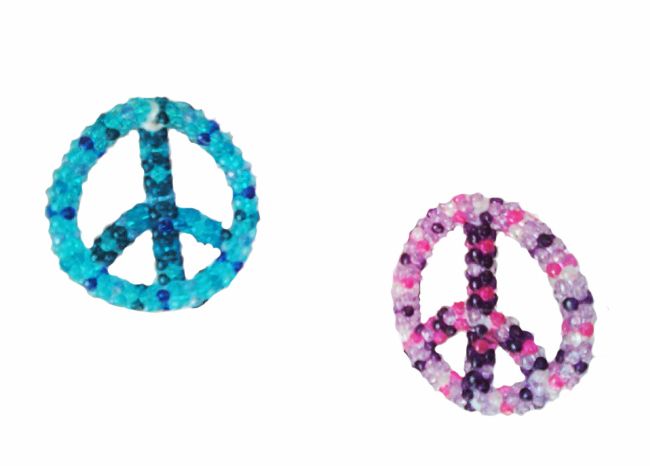 It is necessary to come to terms with the fact that he also has his own point of view. Perhaps, having calmed down, you will understand that the reason for the quarrel is not worth the insults and insults that you inflicted on each other. We must not forget that the beloved must also come to his senses, so if he does not make contact, do not insist, wait.
It is necessary to come to terms with the fact that he also has his own point of view. Perhaps, having calmed down, you will understand that the reason for the quarrel is not worth the insults and insults that you inflicted on each other. We must not forget that the beloved must also come to his senses, so if he does not make contact, do not insist, wait.
Listen, apologize and don't look for the last one
Talk calmly without interrupting each other. Discuss the problem rather than looking for someone to blame. Starting reconciliation with the words: “You were wrong!” is unacceptable, this can cause a new quarrel. After resolving the conflict, apologize if you were at fault. Pride should not manipulate you, turn on your feminine wisdom. The main task is to improve relations, and not win in a senseless confrontation.
It happens that a quarrel is expressed not in stormy statements, but in painful silence, which is even worse. If you want to be happy, learn to talk to your loved one. Only by talking, discussing, agreeing, and not sulking and offended, you can solve the problem.
Only by talking, discussing, agreeing, and not sulking and offended, you can solve the problem.
Do not drag out the quarrel for a long time
The longer you swear, the more you will be dragged into the swamp of mutual accusations and insults. Tension, tension in relationships will have a bad effect on your nervous system. Why create unnecessary stress for yourself when there are already enough of them in the life of a modern person. Make peace before you go to bed. This will save you from insomnia and make the next day enjoyable. In addition, mutual caresses in bed will put an end to all your disagreements.
Do not involve friends and relatives in your quarrel
The advice of others can only aggravate the situation. You will make peace, and relationships with loved ones may suffer, especially if one of them takes the side of one of the spouses. Try to prevent children from becoming participants in your quarrels. In the future, this may negatively affect your relationship with them.
Code word
Psychologists advise to agree with your partner on a code word, the pronunciation of which should stop the outbreak of conflict. This advice is very useful if you often quarrel over any trifle. When you hear the code word, you need to say “stop” to yourself, stop, take a breath and think. In the near future, you will experience the effectiveness of this method.
Do not hide your dissatisfaction
After reconciling, discuss the reason for the quarrel so that it does not arise later. You need to learn how to correctly and calmly express your dissatisfaction. You can't just endure and be silent. Constant suppression of irritation in oneself in the future can cause a violent outburst of emotions and a serious conflict. Discuss your problems together, otherwise the spats will be regular.
Worldviews of a man and a woman are initially different, this is the main conflict and the cause of many quarrels, its solution is a purposeful and true path to happiness.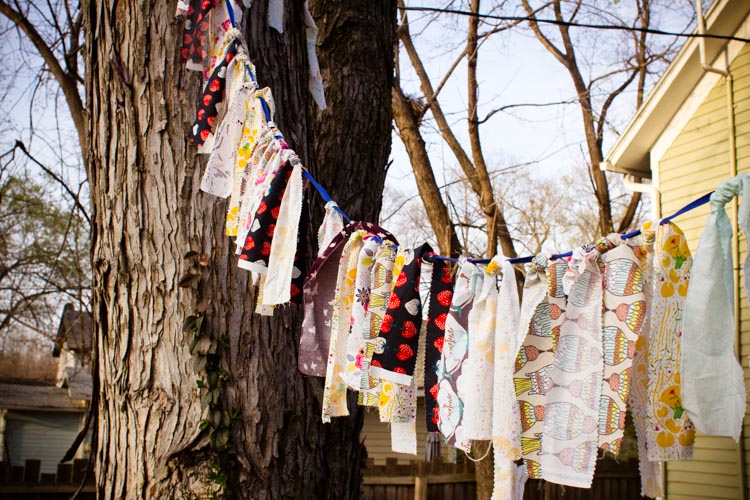 Love, marriage, good family relationships are a gift to be cherished. Only by respecting each other, working on yourself, making concessions, overcoming your egoism, you can achieve family happiness. When you learn how to do this, life will become much easier and simpler.
Love, marriage, good family relationships are a gift to be cherished. Only by respecting each other, working on yourself, making concessions, overcoming your egoism, you can achieve family happiness. When you learn how to do this, life will become much easier and simpler.
Source: www.libjob.ru
How to make peace with a loved one
Man and woman Relationship crisis
If you decide to take the first step towards, it is important first of all to evaluate your own feelings. As a rule, in a state of resentment, you think that:
- The other side is to blame for everything. If the partner felt guilty, he would have asked for reconciliation. If this does not happen, he most likely has a different opinion, and you will not achieve the desired result.
- You are to blame. Should be the first to initiate a conversation. Better if it was a personal meeting.
- Both are to blame. The most common case. Do not think that by offering to reconcile first, you show weakness.
 On the contrary, it is a manifestation of maturity that puts you in a stronger position. An important aspect is how much the partner is ready to move forward.
On the contrary, it is a manifestation of maturity that puts you in a stronger position. An important aspect is how much the partner is ready to move forward. - You do not understand what happened and why the person was offended. In the depths of our souls, we always feel it, it's just that we don't like to think about it. So we unconsciously repress the problem, pretending that nothing happened between us.
How to prepare for a conversation
Think about how you are ready to speak: in a letter, on the phone or in person. For final reconciliation, it is always necessary to talk face to face. In order to be better understood, you need to realize what feelings a partner may experience. The technique of the third chair, which is used in Gestalt therapy, is well suited for this. You state your claims, and then you sit down on an empty chair and try to look at yourself through the eyes of a loved one. Remember the arguments that he, in turn, can express.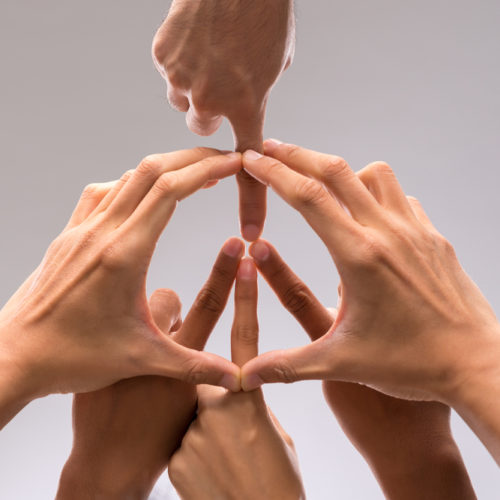
How to build a dialogue
“Show from the very beginning that you care about the feelings of the interlocutor. He will understand that he will be heard, and calm down, - says Veronika Stepanova. “Then you can move on to your feelings and state your own vision of the situation. At the end of the conversation, a consensus must be reached.
The dialogue might sound like this: “I understand that you do not like that I am not attentive enough, I yell at you all the time. Please forgive me". It is important to apologize - this way you immediately relieve tension and endear yourself to the interlocutor. “You probably feel abandoned, unloved” - you let a loved one know that you share his feelings. Then talk about what you want yourself: “It is so important for me to know that you love me. I can't feel or understand it. I'm tired of jealousy and pain. Let's come to a common decision together with you ”- you give the other side the opportunity to offer something.
How not to look weak
You may forgive your partner from time to time.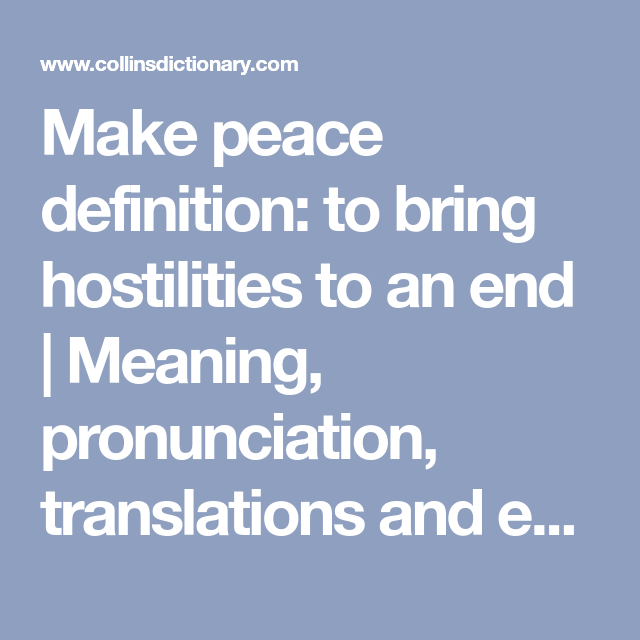 How to make sure that the second half is not used to the fact that you are always ready to be the first to go to reconciliation? It is important to observe positive and negative reinforcement. If your partner really makes you happy, tell him how much you appreciate it. However, when he breaks the deal, keep your word and end the relationship if that was your decision.
How to make sure that the second half is not used to the fact that you are always ready to be the first to go to reconciliation? It is important to observe positive and negative reinforcement. If your partner really makes you happy, tell him how much you appreciate it. However, when he breaks the deal, keep your word and end the relationship if that was your decision.
It seems to us that if a person loves, he will do everything to resolve the conflict. However, his feelings can be overcome by the unwillingness to take part of the responsibility for what happened or the fear of losing the position of the offended, and therefore right. In this case, you should not make repeated attempts at reconciliation and persuasion. This is the choice of another person, and he is responsible for it.
Willingness to change
Formulate a request for yourself - what exactly do you want to get out of the conversation? “Often people think: “I want the other half to change, and then everything will be fine,” says the psychologist.